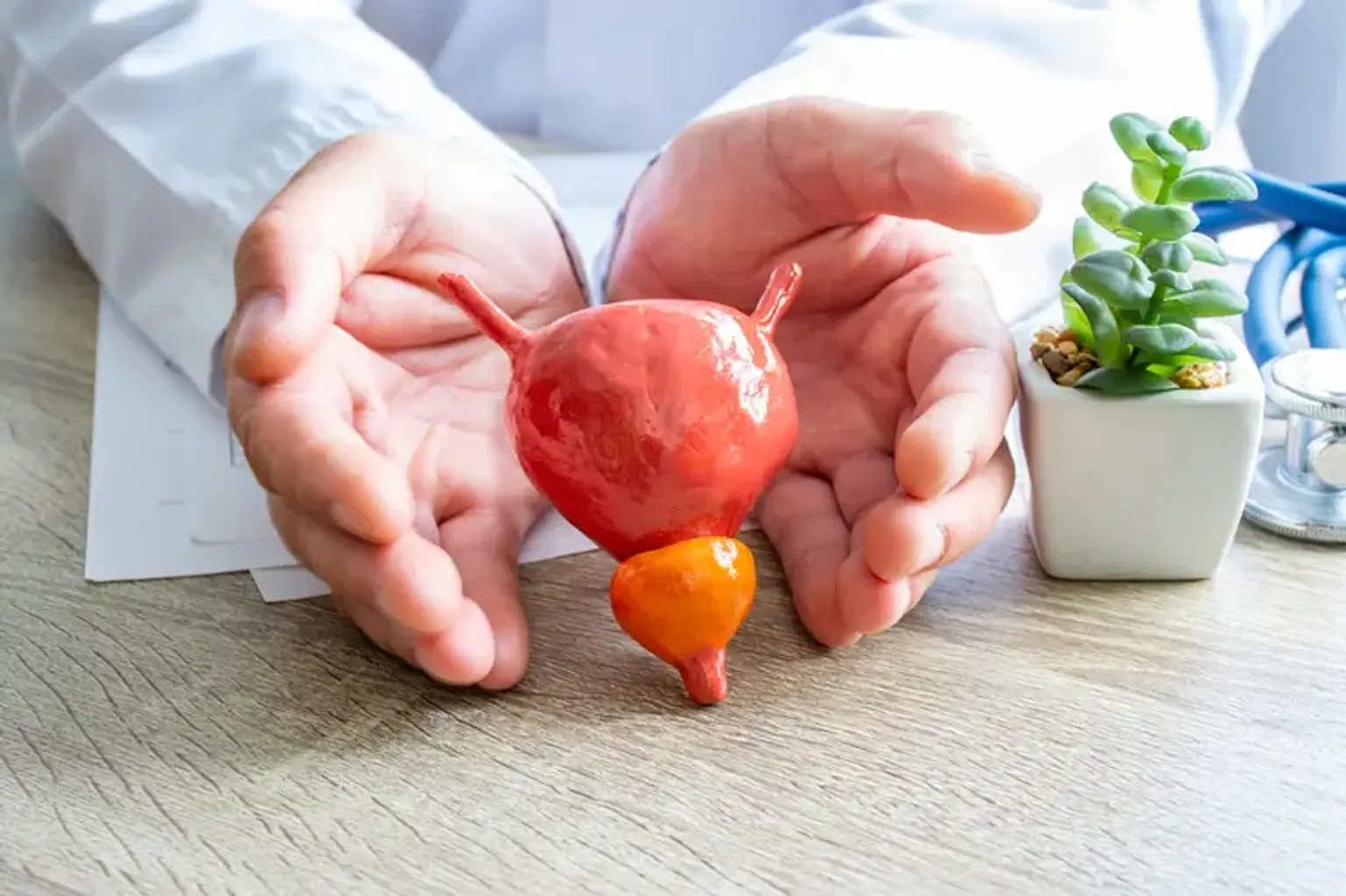
For many men, prostatitis begins with a vague discomfort — a pressure in the pelvis, an urge to urinate more often, or a dull ache that won’t go away. But what starts as a nuisance can quickly become life-altering.
And yet, for a condition that affects up to 10% of men at some point in their lives, chronic prostatitis remains one of the least understood urological disorders — by patients and physicians alike.
What Is Chronic Prostatitis?
Chronic prostatitis (CP) is not a single disease, but a spectrum of symptoms involving the prostate and surrounding pelvic area. There are two major subtypes:
Chronic bacterial prostatitis (CBP): caused by a persistent infection.
Chronic pelvic pain syndrome (CPPS): no infection found, but significant pain and urinary issues.
CPPS accounts for over 90% of all chronic prostatitis cases.
Common Symptoms
Pain in the perineum, lower back, testicles, or penis
Burning or discomfort when urinating
Frequent urination, especially at night
Painful ejaculation or reduced libido
Feeling of pressure or fullness in the pelvic area
Fatigue, anxiety, and emotional exhaustion
Why Diagnosis Is So Difficult
There’s no single test that confirms CP. Blood work, urine cultures, prostate exams, and ultrasounds often come back “normal.” As a result, many men are told:
“It’s just in your head.”
“It’s stress.”
“There’s nothing wrong.”
This dismissal adds a psychological burden to an already painful experience.
Root Causes: Beyond Infection
While acute prostatitis is typically bacterial, chronic forms are more complex. Contributors include:
Pelvic floor dysfunction (tight muscles mimicking inflammation)
Autoimmune reactions
Nerve hypersensitivity
Stress and trauma stored in the body
Postural imbalance and inactivity
In many cases, CP is a multifactorial pain syndrome — not just a problem with the prostate itself.
Treatment Approaches
There’s no universal cure, but many men achieve lasting relief through combined, individualized therapy:
Medical
Short courses of antibiotics (only if infection confirmed)
Alpha-blockers to relax muscles
Anti-inflammatories
Low-dose tricyclic antidepressants (for nerve-related pain)
Physical
Pelvic floor physical therapy
Biofeedback
Stretching and postural work
Heat therapy
Nutritional
Anti-inflammatory diet
Avoiding alcohol, caffeine, spicy foods, and processed sugar
Supplementation: zinc, quercetin, pollen extract, omega-3
Psychological
Cognitive behavioral therapy (CBT)
EMDR or trauma release techniques
Meditation and breathwork
Support groups
Life With Chronic Prostatitis
CP is not a death sentence — but it can feel like a life sentence without proper support. Many men lose confidence, intimacy, and hope.
But others recover.
The key is patience, persistence, and a multidisciplinary approach.
If you’re struggling, know this:
You are not weak. You are not alone. You are not beyond help.
